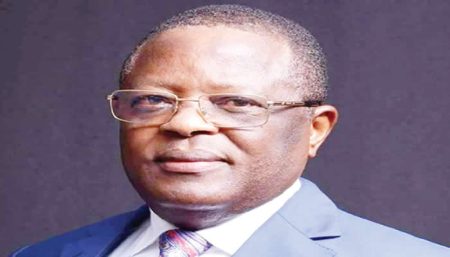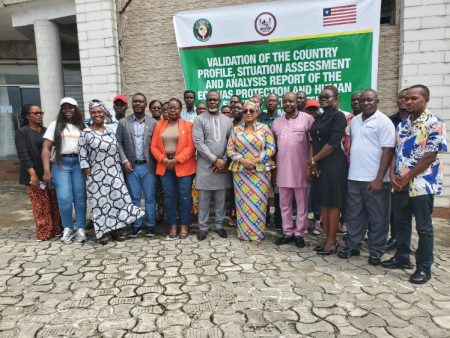The Civil Society Legislative Advocacy Centre (CISLAC) has emphasized the urgent need for transparency and accountability in Nigeria’s energy transition process, advocating for a decisive shift towards carbon neutrality by 2060. This call to action arose from a one-day training session focused on fossil fuel phase-out advocacy, held in Uyo, Akwa Ibom State. The training underscored the crucial role of taxation as an instrument for facilitating this transition, urging stakeholders to demand openness and thorough investigation in the allocation and utilization of funds designated for this purpose. CISLAC also recommended incentivizing investments in the clean energy sector through targeted tax breaks, stimulating private sector participation and accelerating the adoption of renewable energy technologies.
Recognizing the global momentum towards net-zero emissions, with Nigeria joining numerous nations in this commitment, CISLAC highlighted the importance of aligning national policies and actions with the recommendations of the Conference of Parties (COP) to the United Nations Framework Convention on Climate Change (UNFCCC). Achieving this ambitious target necessitates collaborative efforts, encompassing interagency cooperation within the government, comprehensive capacity building for those managing the transition, and robust advocacy from civil society organizations (CSOs). A key focus of this advocacy should be scrutinizing the government’s usage of subsidy funds, ensuring that these resources are effectively channeled into transitioning from fossil fuels to clean energy sources. Furthermore, leveraging global climate finance at the national level is crucial to reducing Nigeria’s dependence on fossil fuels and accelerating the adoption of sustainable energy solutions.
The training session brought into sharp focus the intricate interplay between fossil fuel exploration, environmental degradation, and economic development. Auwal Musa, Executive Director of CISLAC, underscored the devastating impacts of climate change, particularly in vulnerable communities like those in Akwa Ibom State, which are grappling with the harsh realities of flooding and oil spills. These tangible consequences necessitate swift and decisive action to mitigate the adverse effects of climate change and transition towards a more sustainable future. Musa’s remarks served as a stark reminder of the urgency of this issue and the need for proactive measures to safeguard both the environment and the well-being of communities affected by climate change.
The call for transparency and accountability in the energy transition process is not merely a procedural matter, but a fundamental requirement for ensuring its efficacy and equitable distribution of benefits. Without transparent mechanisms for managing funds and implementing projects, there is a heightened risk of corruption, mismanagement, and a failure to achieve intended outcomes. Accountability mechanisms, including independent audits and public disclosure of expenditures, are essential for building public trust and ensuring that resources are utilized effectively to drive the transition to clean energy. This transparency is crucial for both attracting investments and ensuring that the benefits of the transition are broadly shared across society.
CISLAC’s recommendations underscore the critical role of CSOs in advocating for effective policies and holding the government accountable for its commitments to climate action. By closely monitoring the use of subsidy funds and demanding transparency in the allocation of resources, CSOs can play a pivotal role in ensuring that the energy transition process is both environmentally sound and socially just. Furthermore, by engaging in capacity building initiatives and fostering dialogue among stakeholders, CSOs can contribute to a more informed and participatory transition process. This active involvement of civil society is essential for ensuring that the transition benefits all segments of society and that the voices of vulnerable communities are heard and addressed.
In conclusion, Nigeria’s pursuit of carbon neutrality by 2060 demands a multi-faceted approach encompassing policy reforms, financial incentives, capacity building, and robust advocacy. Transparency and accountability must be the cornerstones of this transition, ensuring that resources are utilized effectively and that the benefits are shared equitably. The active engagement of CSOs, coupled with interagency collaboration and government commitment, is crucial for navigating the complex challenges and realizing the transformative potential of a clean energy future. By prioritizing these recommendations, Nigeria can pave the way for a sustainable and prosperous future, mitigating the impacts of climate change and fostering a more resilient economy.














